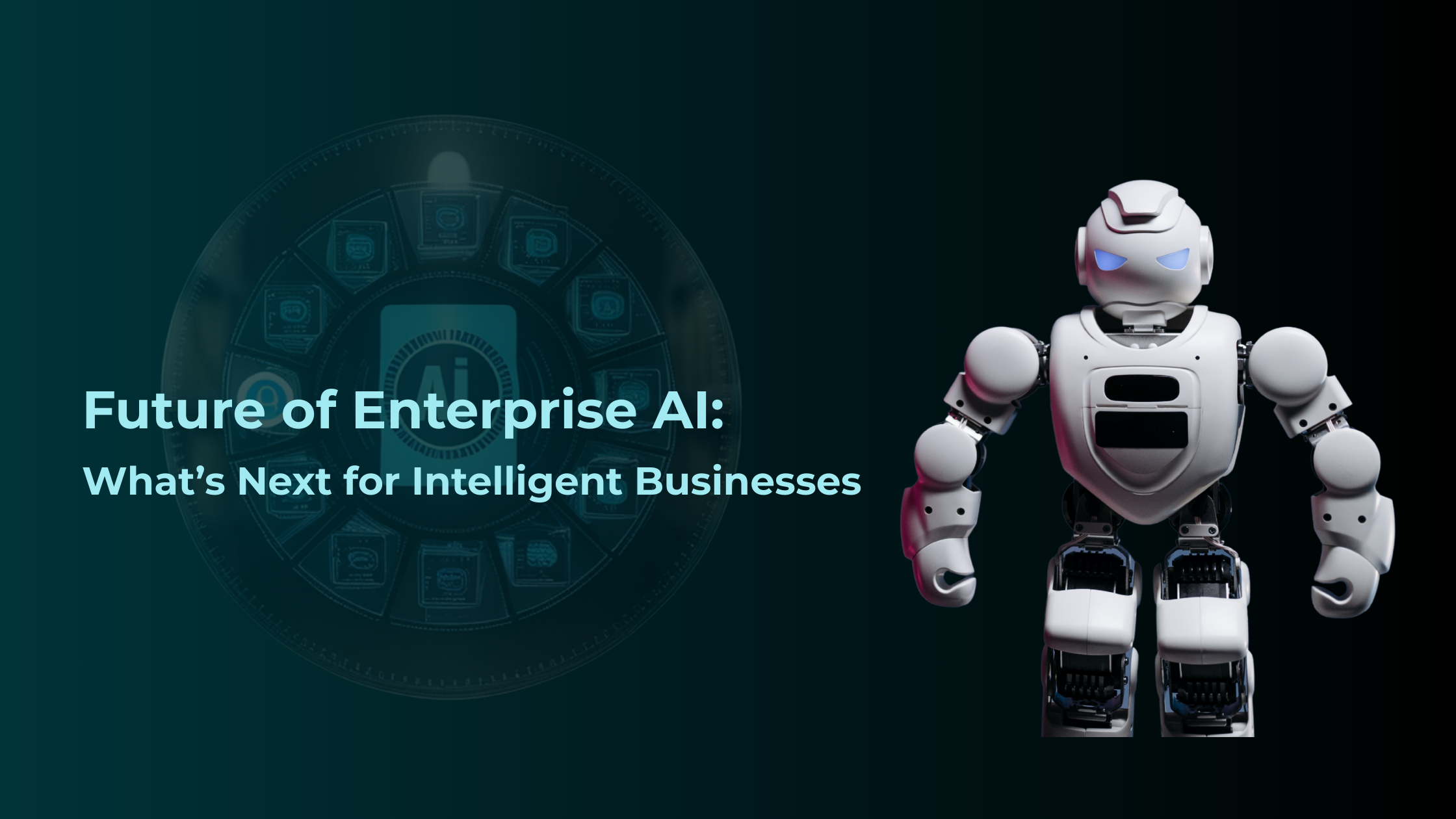What is Machine Learning Operations? Machine Learning Operations is a set of best practices for optimizing machine learning models. MLOps provides a framework for quickly building, deploying, and maintaining machine learning models in production. MLOps also ensures that the models remain reliable and perform well over time. The application of MLOps best practices ensures that a team’s machine learning models are reliable, performant, and easy to maintain.
What is MLOps?
MLOps is a new discipline that seeks to deal with the entire life cycle of machine learning applications. It includes a wide range of practices, tools, and technologies aimed at enabling teams to rapidly and effectively develop, deploy, and maintain machine learning systems at scale. MLOps is an essential part of successful AI deployment in organizations.
With MLOps, your machine learning apps will be able to scale, are reproducible, and reliable. Utilizing best practices from MLOps will let you automate the lifecycle of your machine learning model. MLOps covers all aspects of machine learning and its application – training, deploying, managing and monitoring ML models. The whole process is made smoother with the aid of MLOps.
MLOps makes it easier to have machine learning engineers and data scientists collaborate to deploy machine learning models. There is a focus on streamlining and automating machine learning models to allow you to accelerate your business.
While more and more organizations are investing in machine learning, many of them are using MLOps to automate its deployment into their applications. The purpose of MLOps is to rapidly push these machine learning models to many different products and services within the company. MLOps helps businesses keep their machine learning models up-to-date and accurate.
Overall, MLOps plays a vital role in the machine learning world. Through tools and best practices, the industry has found that automated deployment of machine learning models gives companies an edge over the competition. MLOps facilitates the process of managing and deploying models, resulting in shorter development and improved outcomes.
How Can It Be Implemented?
Implementing MLOps is a crucial step in optimizing machine learning applications. The following are steps for successful MLOps implementation.
- Collaboration between data science and IT teams: MLOps Implementation requires teamwork and coordination between the data science and IT teams. IT teams should have a deep understanding of the machine learning applications, and data scientists should understand the operational requirements.
- Creating an MLOps framework: MLOps framework defines the workflow for machine learning applications, including data preparation, training, testing, deployment, monitoring, and management. This framework ensures that all stakeholders are following the same processes, tools, and guidelines.
- Infrastructure: Proper infrastructure is a vital component of MLOps Implementation. The infrastructure should have high availability, scalability, and reliability to handle the workload.
- Continuous Integration and Deployment: MLOps Implementation involves a continuous integration and deployment (CI/CD) pipeline, which automates the code changes and deployment process, reduces errors, and enables faster feedback.
Monitoring and Management: MLOps Implementation includes monitoring the machine learning applications to detect any issues, track performance metrics, and provide feedback to improve the models. This is important to maintain the performance and quality of machine learning applications.
Best Practices For MLOps
Machine Learning Operations, or MLOps, is a relatively new field, but it’s already gaining a lot of attention for its ability to help organizations deliver accurate and reliable AI-powered solutions at scale. Implementing MLOps successfully is key to realizing its full potential and delivering maximum value to your business. Here are some of the best practices for MLOps that you can consider when implementing it:
- Establish a culture of collaboration:
One of the fundamental requirements for a successful MLOps process is establishing a culture of collaboration and communication among all stakeholders. Ensure that your data science team is working closely with other stakeholders in your organization, including business leaders, software developers, and data engineers. A collaborative culture will help you identify and address any challenges and ensure that everyone is working towards a common goal.
- Start small and iterate:
It’s tempting to try and tackle everything at once, but MLOps is a complex process that requires a lot of attention to detail. To get started, pick a small project, and gradually expand your MLOps capabilities as you learn. Starting small and iterating ensures that you can manage your risks, minimize disruption, and build up your knowledge and skills gradually.
- Implement effective data management practices:
Data is the lifeblood of machine learning, and managing it effectively is crucial for the success of any MLOps project. You need to ensure that your data is reliable, accurate, and accessible. It should be properly labeled, organized, and stored in a way that’s easy to access. Additionally, you need to establish strong data security practices to protect your data and ensure that it’s not compromised in any way.
- Embrace automation:
MLOps is all about automating the end-to-end machine learning process. As such, you need to identify tasks that can be automated, and invest in the right tools to make this happen. By automating your machine learning processes, you can minimize the risk of human error and free up your team’s time to focus on more complex and strategic work.
- Continuously monitor and evaluate your models:
Machine learning models are not static, and they require continuous monitoring and evaluation to ensure that they remain accurate and reliable. Establish a robust model monitoring process to ensure that you catch any issues before they escalate and affect your business operations. You also need to have a clear process for evaluating your models and retraining them as necessary.
Challenges And Limitations of MLOps
As with any new technology or practice, there are bound to be challenges and limitations in implementing MLOps. Some of the common challenges faced by organizations in adopting MLOps include:
- Lack of expertise: Implementing MLOps requires a unique set of skills and expertise that are not common among data scientists and software engineers. Organizations may need to hire or train experts who can handle the entire lifecycle of machine learning models.
- Complex infrastructure: The infrastructure required to support MLOps is complex and may require a significant investment in cloud computing resources. Organizations must consider the scalability and availability of their infrastructure to support the deployment and maintenance of machine learning models.
- Model interpretability: While machine learning models can provide accurate predictions, it can be difficult to interpret why certain decisions were made. This lack of interpretability can create challenges in gaining trust and acceptance for machine learning models, especially in highly regulated industries.
- Regulatory compliance: Organizations in regulated industries must comply with a variety of regulations and laws that require transparency and explainability in machine learning models. These requirements can create challenges in implementing MLOps, as models may need to be redesigned or re-evaluated to meet regulatory requirements.
- Security: Machine learning models can be vulnerable to security attacks that compromise the confidentiality, integrity, and availability of data. Organizations must consider the security implications of machine learning models and implement security measures to mitigate the risks.
Despite these challenges, the benefits of MLOps can outweigh the limitations. With careful planning and implementation, organizations can reap the benefits of faster, more accurate machine learning models while ensuring transparency, compliance, and security.
Visit Internet Soft for the latest tech trends and insights around AI, ML, Blockchain, along with NeoBanking and timely updates from industry professionals!
Need assistance or have questions? Reach out us at Sales@internetsoft.com.






